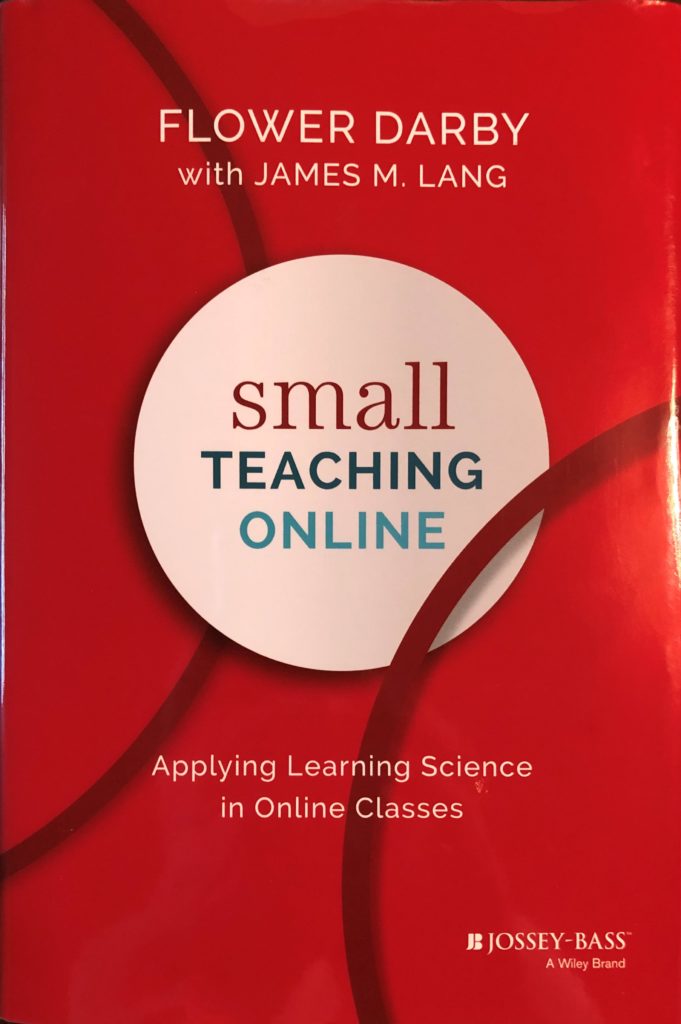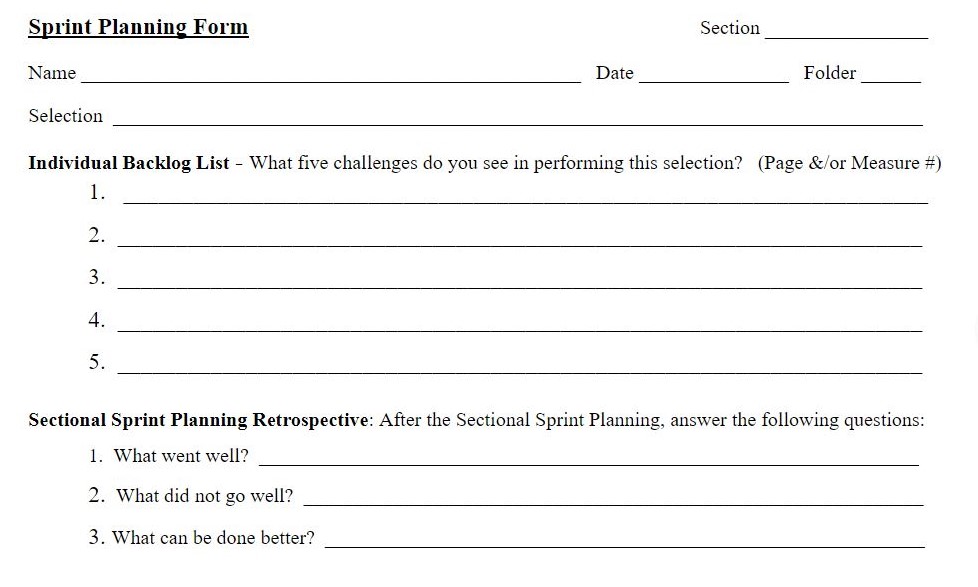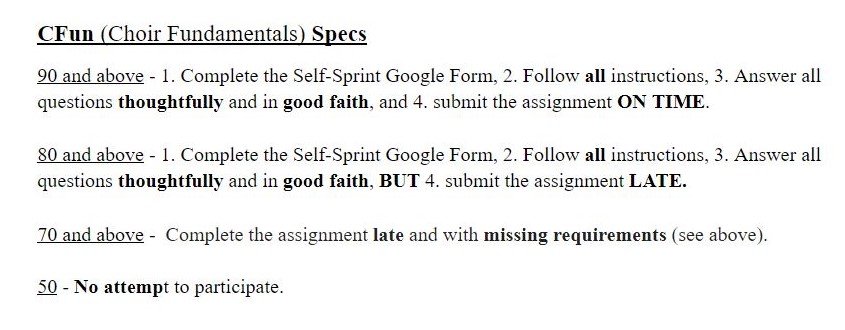
Adapting Instruction and Managing Stress
I am growing weary of being told that teaching virtual and hybrid vocal music is only “temporary.” I emphatically disagree. The virtual and hybrid vocal music model may be temporary, but its adverse effects on my music students and our program will be felt for years.
In response to the pandemic, music education and the education profession is having to adapt, modify, and transform their traditional practices and procedures. Here in Central New York, school districts adjusted and altered their daily schedule, course offerings, class size, school calendars, extracurricular programming, sports seasons, along with the cancellation of most state and local tests.
This current transformation in education is unsettling and frustrating. Music teachers are looking for a source of support and stability as they sadly watch strong and vibrant music programs decline and weaken. The music profession and teaching community are changing right before our eyes. And though stressful, we must take an active part in this transition by reshaping our thinking and instruction.
Burnout: The Secret to Unlocking the Stress Cycle
One of our colleagues Amelia Nagoski, DMA, and her twin sister Emily Nagoski, Ph.D. offers some helpful insights and suggestions for dealing with unwanted change in their book Burnout: The Secret to Unlocking the Stress Cycle. This book presents several strategies to effectively deal with uncontrollable stressors and offers several approaches to help the reader self-generate productive thoughts and emotions, creating positive outcomes during stressful situations.
My daughter recommended Burnout to me as she knew this school year is very challenging and stressful. For me, this semester feels as demanding as my first year of teaching. Besides redesigning my music program, I am also trying to manage the emotional and professional void between what was and what is. Sad times.
Positive Reappraisal
The ability to self-generate healthy thoughts and emotions and foster positive outcomes during adverse circumstances is called Positive Reappraisal. Positive Reappraisal is not as simple as looking on the bright side or being optimistic. It challenges us to approach and label discomfort, obstacles, and uncertainty honestly and head-on. During difficult times, we need to become aware of the following and acknowledge that:
- A stressful situation is complicated and unnerving.
- The obstacles and failures we experience are worthwhile.
- Difficulties and obstacles are opportunities for growth.
A Road Less Traveled
After learning about Positive Reappraisal, I realized that a decision I made many years ago had had a profound and lasting effect on my teaching. Between 1984 and 1989, the state of Texas implemented a new appraisal system called the Texas Teacher Appraisal System. At the time, I didn’t think much about it. I was a new teacher with a young family and had no professional experience, so I implemented the new appraisal system requirements into my teaching and moved on.
Many of my colleagues reacted differently. Most complained, some sought council, and those who could retire, retired. Due to this very unpleasant experience, I made the following decision: No matter what came down the educational pike during my career, I would (1) validate the situation but not complain, (2) initiate and evaluate the new initiatives, and (3) implement what I felt was useful, leave the rest behind, and move on.
I am continuing with this philosophy as I adapt my pre-COVID instruction models to my present virtual and hybrid teaching situation. I am not maintaining my pre-COVID instruction models and waiting till my normal schedule returns. That may not happen. Instead, I am adapting and altering my teaching with the determination that the changes I make will be successful both now and in the post-COVID classroom.
Positive Reappraisal and Online Teaching
I found an excellent resource last spring for teaching online classes in the book Small Teaching Online. One big takeaway for me was the need for virtual teachers to develop and maintain an online presence with their students. This visual presence helps motivate and engage the students and encourages their participation in our weekly assignments.
To this end, I now use Screencast-O-Matic each Monday as I record myself and introduce the week’s assignments to my ensembles. The Chrome Extension Mote: Voice Notes & Feedback allows me to record audio feedback for my students as I grade and return their work. At first, my students said it was “kinda strange,” but now they like it because they get to hear my voice. I also joined the bitmoji craze and added a few picks for our class assignments and my video responses.
Positive Reappraisal and ADIF Sprints
One huge obstacle I am experiencing teaching virtual high school choral music is not being able to use Cognitive Modeling or Teaching Out Loud during rehearsals. An essential part of the Agile Development Instructional Framework (ADIF) is modeling procedures, expectations, and music learning strategies in real-time. My upperclassmen have experience with ADIF Sprints, but my new choir members do not.
Hybrid Sprint Planning Form
My new website on Google Sites is proving to be invaluable, as it allows much more flexibility as I present, teach, and review material. This month, students are learning It’s the Most Wonderful Time of the Year through performing Self-Sprints. Here is a link to a Google Form that my students will complete as they practice this song and prepare for a recording we will make later this month. I also created this Self-Sprint how-to and review video for all my groups.
Positive Reappraisal and Specs Grading
Specifications Grading, Linda Nilson
My implementation of Specification Grading or Specs Grading this year for my classes has been very successful. I have worked through several iterations and edits and now feel confident in the basic grading structure I currently have in place.
Specs Grading is a system that develops a learning-centered environment that focuses on students learning outcomes and student autonomy. Specs grading is a competency-based grading system that saves a lot of grading time by incorporating elements of the pass/fail system of assessment. I know it may sound a bit harsh and foreign to music education, but it works.
Conclusion: Managing Stress and Adapting Instruction
Teaching high school vocal music during a pandemic is demanding and stressful. Experiencing this traumatic event will reshape our teaching models and profession for many years, and possibly for the foreseeable future. Our challenge and responsibility as educators is to retain the ability to remain approachable, flexible, and teachable through unpleasant and difficult times.
A student comes to our class dwelling in their negative backstory,
So we encourage them to see things differently.
A close colleague becomes disillusioned with teaching,
So we implore them to renew their passion.
One of our tried and true instruction models is no longer effective,
So we challenge ourselves to search for something better.
Postlude: La or Do based minor?
I recently asked our colleagues in the ACDA Facebook group the following question: My high school virtual choirs will be solfeging Wilhousky’s arrangement of Carol of the Bells for one of their assignments right after Thanksgiving. A quick question:
Do or La based minor?
135 – La based minor
32 – Do based minor
3 – Fixed Do
2 – Letters
References
Ackles, Brian O., 2018. Agile Development Instructional Framework (ADIF): A New Strategy for Student-Centered Music Education. Choral Journal, September 2018. Vol. 59, No. 2
Mcrae, Kateri, and Iris B. Mauss. “Increasing Positive Emotion in Negative Contexts.” Positive Neuroscience, 2016, 159-74. doi:10.1093/acprof:oso/9780199977925.003.0011.
Panadero, E, “A Review of Self-regulated Learning: Six Models and Four Directions for Research” Psychol., 28 April 2017, https://doi.org/10.3389/fpsyg.2017.00422
Zimmerman, Barry J. “From Cognitive Modeling to Self-Regulation: A Social Cognitive Career Path.” Educational Psychologist, 48, no. 3 (2013): 135-47. doi:10.1080/00461520.2013.794676.







Leave a Reply
You must be logged in to post a comment.